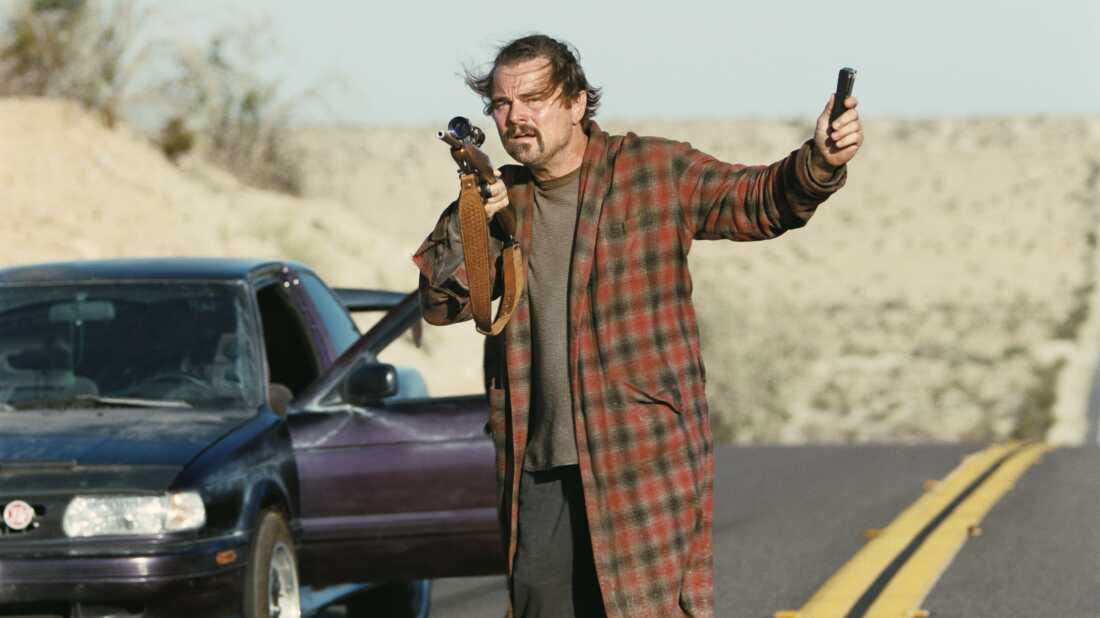One Battle After Another & the Phantom Behind It
Paul Thomas Anderson meets Thomas Pynchon in a chaotic, compassionate fever dream about paranoia, laughter, and the strange salvation of art.
One Battle After Another is pretty much an unprecedented masterpiece. All the rave headlines about it being Paul Thomas Anderson’s finest film were right, and our skepticism was wrong. It’s a loving, laughing, flaming skull of a cinematic experience that punctures pieties with humor and oppression with heart. The actors deliver command performances, ren…




